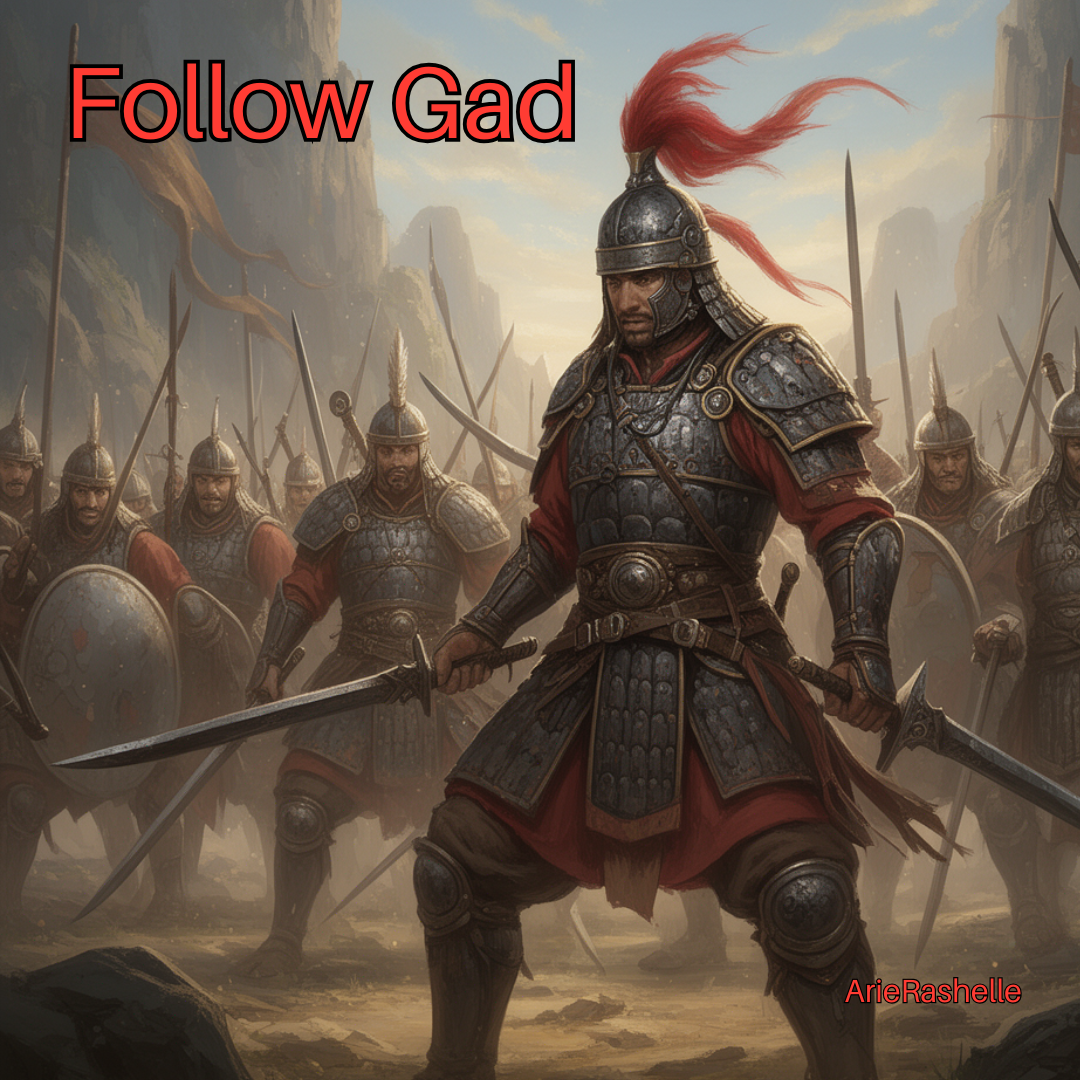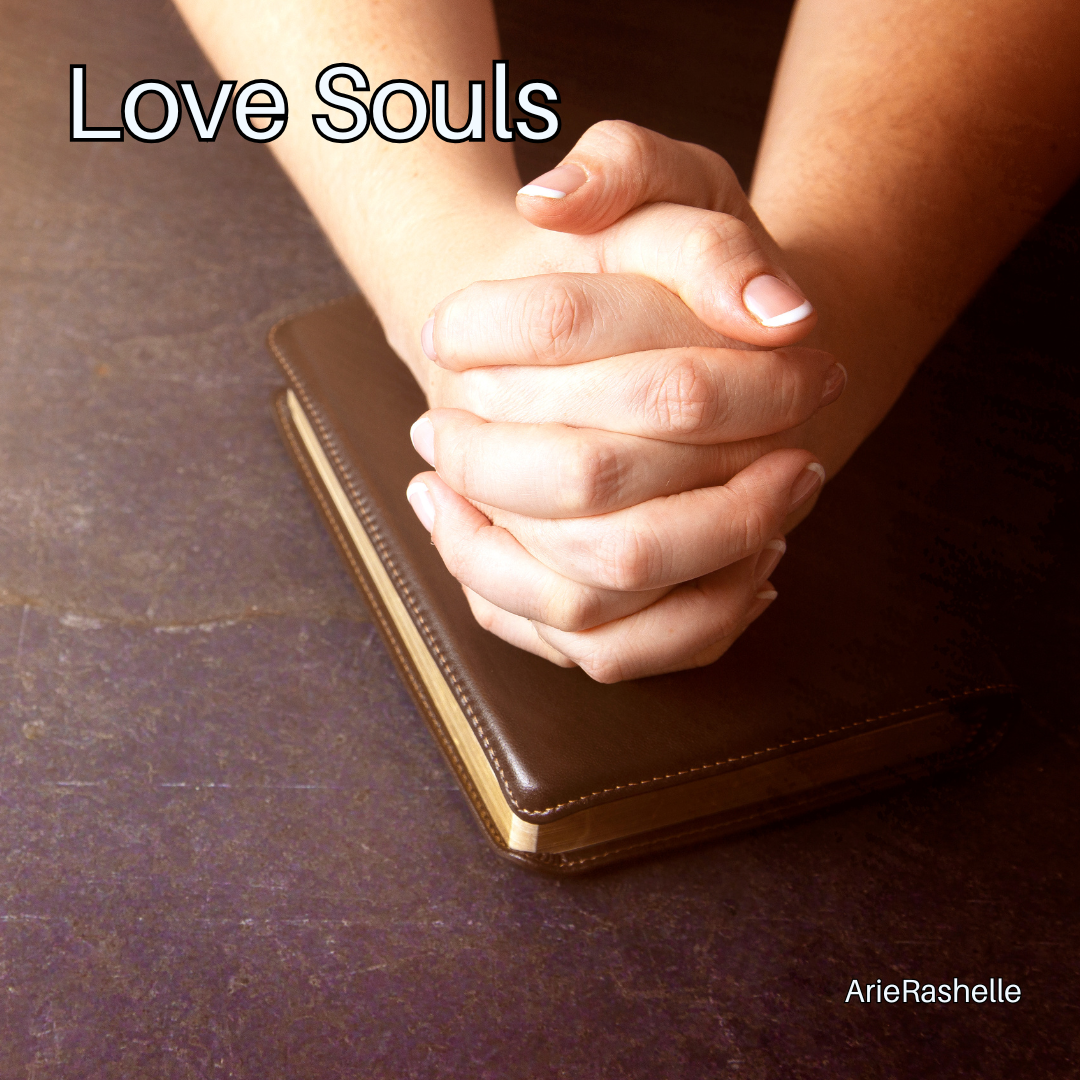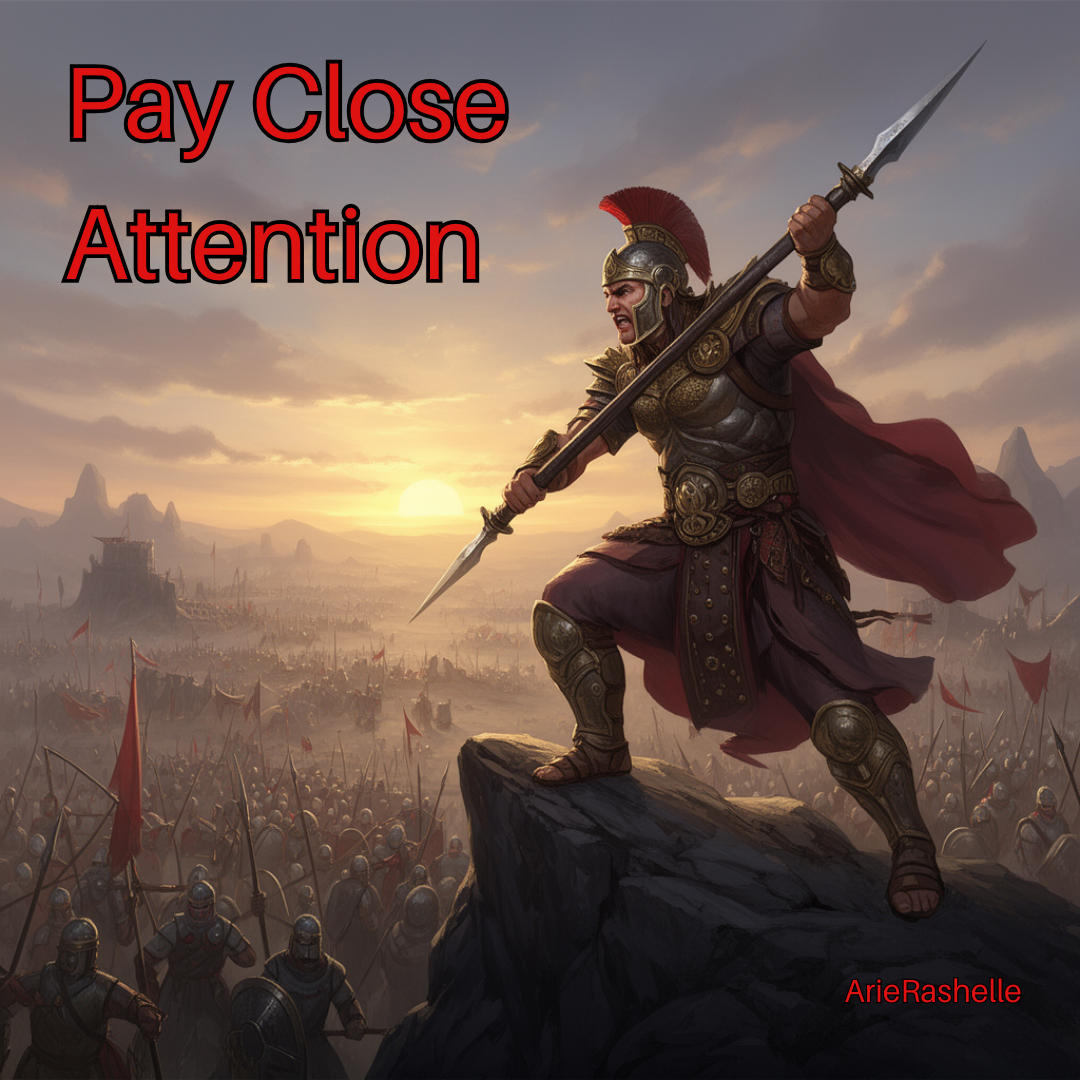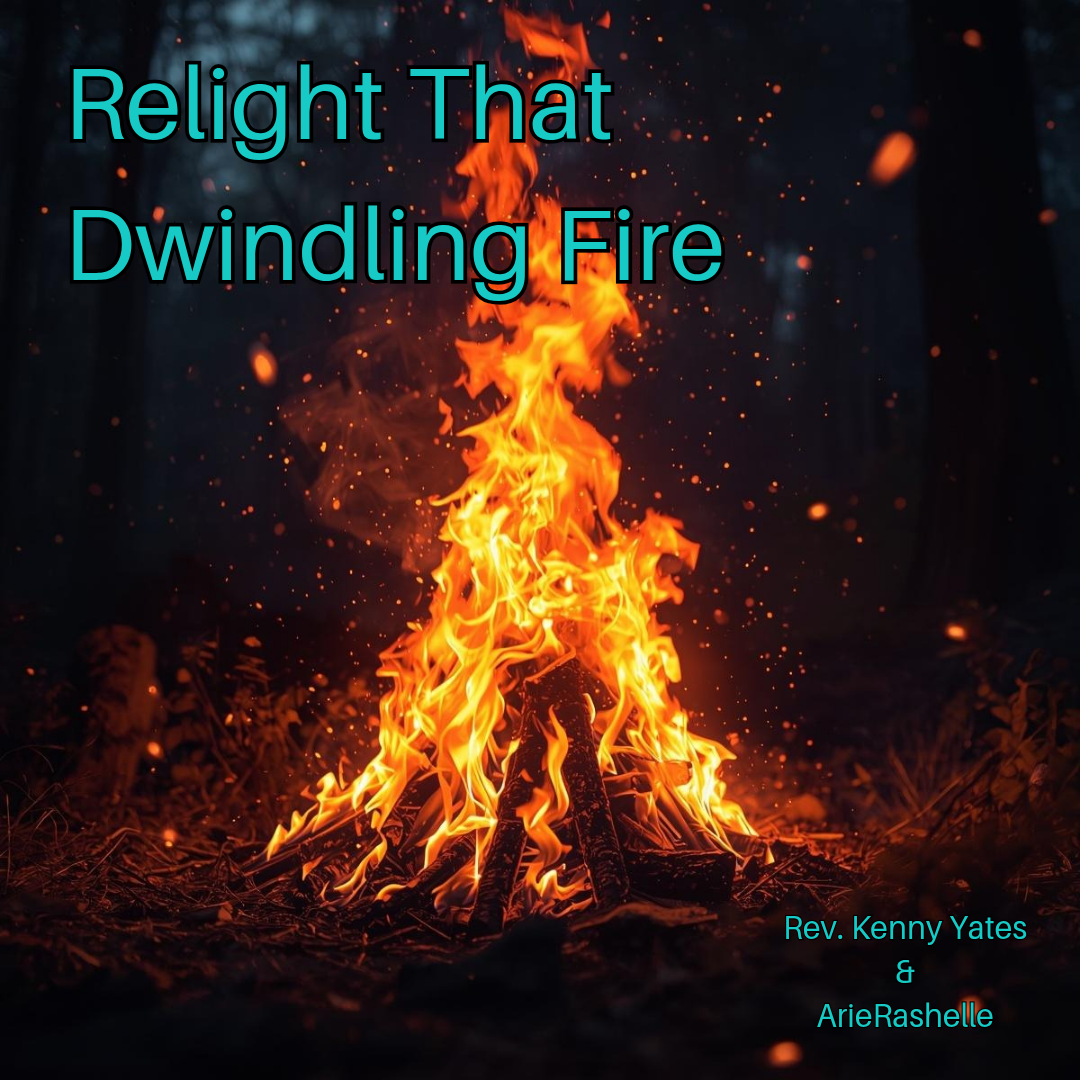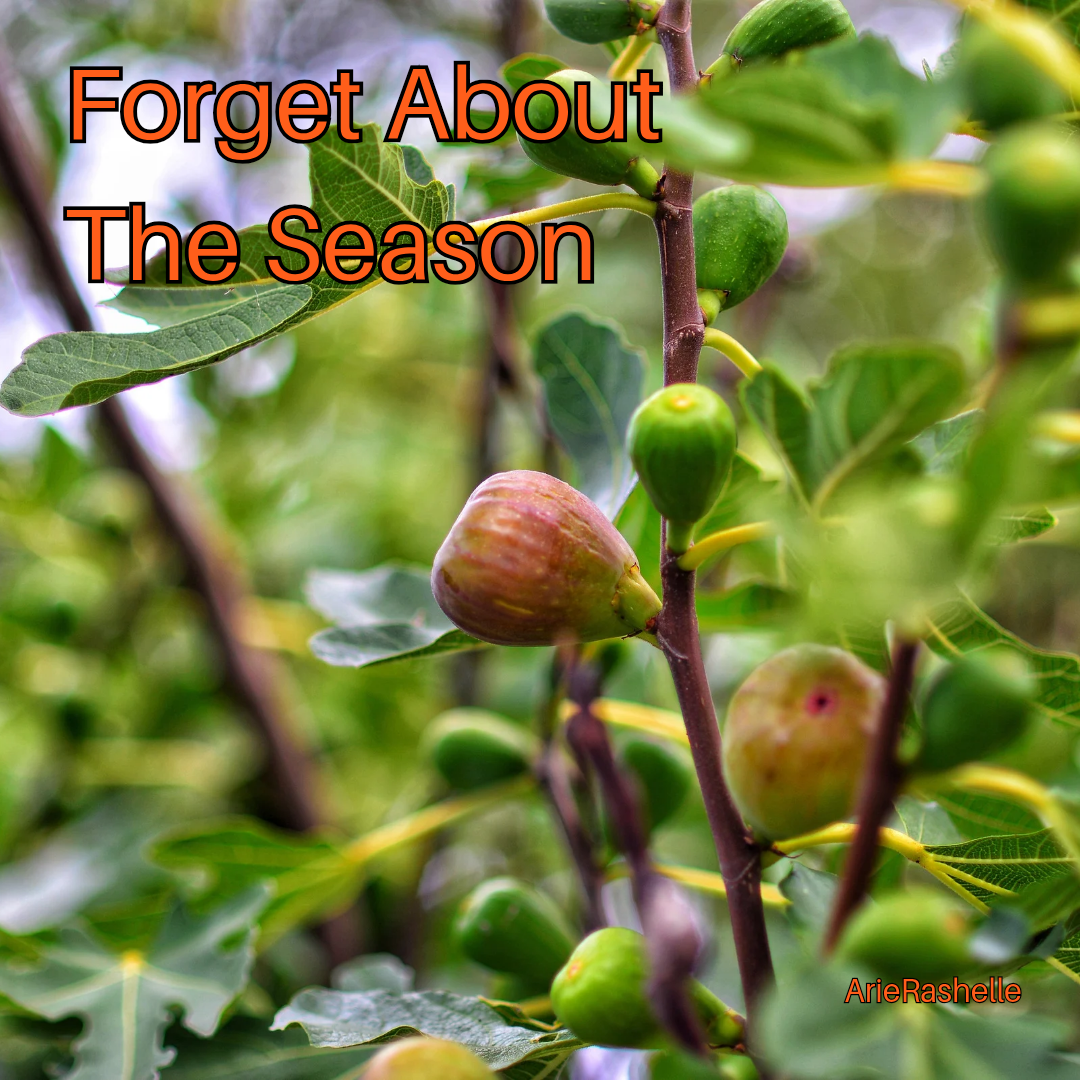19 Raiders shall raid Gad, but he shall raid at their heels. ~ Genesis 49:19
Jacob said that raiders would raid Gad, BUT Gad would raid them at their heels. In other words, Gad would see times of great difficulty. He would see times of trouble and distress, BUT he would never remain down. He would never remain defeated. He would always get back up again, no matter what happened. No matter who had attacked. No matter how bad it was, it would never overcome him.
We are much like Gad. For
8 We are afflicted in every way, but not crushed; perplexed, but not driven to despair; 9 persecuted, but not forsaken; struck down, but not destroyed; (Corinthians 4:8-9)
We may be attacked. We may be afflicted. Persecuted. Struck down. Raided. But we are not destroyed. So, when we are attacked. When the enemy comes against us, we don’t just remain down. We don’t just tuck our tail and lick our wounds. We are to attack back, in the spiritual.
We fast. We pray. We bring it before God. We spiritually close doors. We self-reflect. We build our spirit-man so that when the enemy comes again, we’ll be stronger and better prepared.
Peace. Love. Go Forth and Follow Gad.

